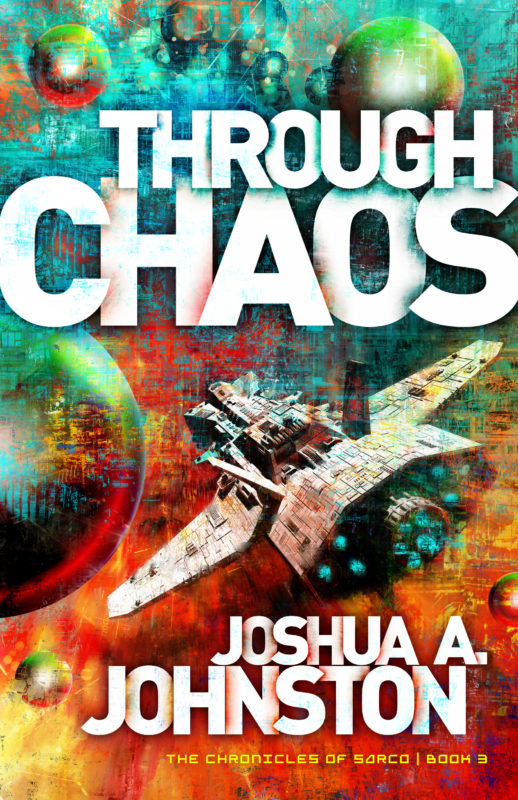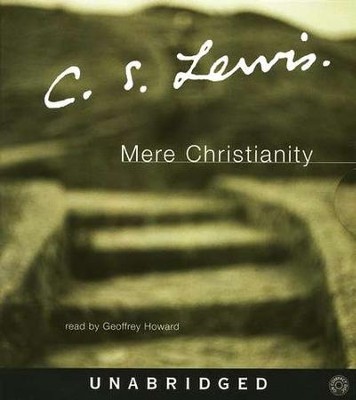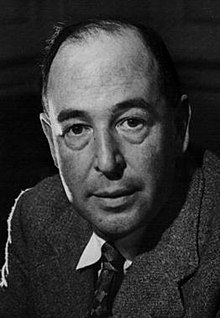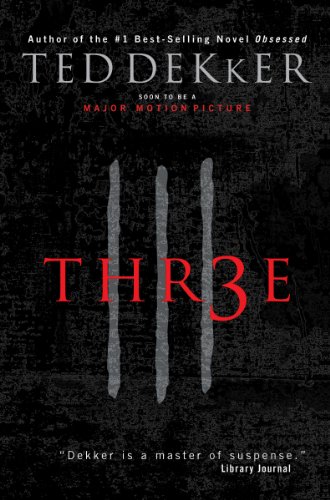
One of the activities that took part of my time away from writing this spring was training for my first half marathon.
Don't ask me what I was thinking when I signed up for it. I was always the kid in gym class who hated running, and while I've run a 5k most summers for the past few years, I've never called myself a runner. I'm someone who runs, not a runner. (There's a difference. Or at least there was before I hit double digit mileage).
A friend and I decided to sign up to celebrate her college graduation and so I found myself freezing in a picnic shelter on a 15 degree morning in January with about 100 random strangers who were all smiling and getting ready to run. They had a bunch of hi-tech gear and didn't seemed bothered by the cold. There was a guy training for the Boston Marathon, a few retirees who looked like they could kick my butt in just about any sport, and an entire other assortment of strangers who looked like they were born to eat up the mileage.
Meanwhile, I was thinking of my warm car, the fact I had skipped my coffee that morning, and trying not to compare my gear with everyone else's. It consisted of a pair of off-brand sneakers from a local supermarket, discount workout pants that I hadn't tested yet, two old sweatshirts, a homemade wool hat, and a ten year old bargain brand fleece jacket. I was still freezing in spite of the sweat percolating underneath all the layers.
The terror of being there was real. By nature, I'm an introvert--and by introvert, I mean, "can go three days without seeing people and be perfectly fine" and "would rather exile myself to a desert island than have to go to social events".
I found a pace group that I thought I would fit in with (it was the second slowest running group, so it was mostly retirees who were talking about how many marathons they were going to do that year) and tried to smile.
The groups started leaving and I began to trundle down the icy, snow covered park path with the other crazy people. In spite of having been trying to get in shape for the previous couple of months, the cold air felt like it was knifing my lungs and the pace group was a push for me. I spent the last 2.5 miles of my 3 mile run chanting to myself, "Warm shower, hot coffee. Warm shower, hot coffee..." At the end, I collapsed in my car, turned the heat on full blast, and tried to warm up from my sweat-soaked bargain clothes.
And I had to train to run 10.1 more miles.
It seemed impossible, but I figured I wouldn't judge the effort off of the first run I did. It would get easier, right?
A few months later, each run was still hard. The darn things just kept getting longer! Now I was running 5 miles two evenings a week over still-icy pathways and my weekend mileage was climbing. The first day it was warm, it rained so hard that water was running off my elbows and I had to slog through puddles that came up to my ankles. In spite of the 60 degree temperatures, I was colder than that first run. The next week, I face planted in the middle of a street and bruised my knee so I couldn't run for a week (which really sucked because the weather was finally nice).
Then came the moment I had secretly feared: my longest run to date. When you've only ever run 6 miles, 8 is terrifying. And due to traveling on the weekend, I opted to run it alone. I plugged in my earbuds and tried my best to jam out as I ran through campus--deserted,since all the students were on break. Used to the cold, I had dressed too warmly and I was panting for the last 3 miles, trying to tough it out. I was rewarded by the feeling of euphoric runner's high and I let out a shout of victory when I got back to the car. My knee buckled out from under me and I still grinned. It had finally gotten easier! I was finally enjoying running! I mean, sure, the cotton-dry mouth had sucked, but I had gotten a runner's high. 7 miles in I had belted out the words to "Walking on the Sun" as I came down the home stretch. It was great! I was going to do this!
I stretched out, then climbed in the car. At first, I thought it was just the runner's high wearing off, but the fuzzy feeling in my head could only mean one thing: my blood sugar had bottomed out. Even though it was only a ten mile drive home, I felt terrible and had to fight just to stay focused on the road. I rushed in the house, feeling nauseated and light-headed, hoping I didn't pass out before I could get some sugar in me.
I was out of juice (my go-to pick me up) so I resorted to eating sugar cubes. The fuzzy feeling abated and my ears slowly stopped buzzing and my hands stopped shaking.
And then disaster struck. I ran to the bathroom and vomited up all the sugar cubes I had just eaten.
10 minutes later, my sugar crashed again.
Cue more sugar cubes.
Barfing.
Repeat for two hours.
But wasn't it supposed to get easier? Wasn't running supposed to be easier now than on that first cold morning? Why was it still so hard, even when I just did 2 mile "recovery" runs? (And who decided, "Hey, you know what people training for a half marathon want the day after running insane mileage? More running! Yeah, that's a great idea!" 'Cause I officially don't like that person.)
I seriously doubted my ability to run the race after that night and, if I hadn't been running it with a friend, I'm sure I would have backed out after that night.
The next few runs I went on, I was scared and dispirited. I didn't want every run over 6 miles to feel so miserable--after all, I had a lot of them left. That's when someone mentioned in passing, "You know, it doesn't get easier--you get stronger."
That thought changed my whole training mentality and I'm trying to let it seep into the rest of my life, too.
No matter how bad or good of shape you're in, it still takes effort to run 5 miles. What changes is that you become stronger to get there. The run, the circumstances, don't get any easier. They don't change; you do.
You can draw on all those scraped knees, missed quiz questions, and bad days to become stronger. It won't make it easier when your car breaks down twice within a week of moving while work is a disaster. Rather, you'll be strong enough to handle it (even if there is a little maniacal laughter along the way). And, if you aren't strong enough to handle it, God's still there for you.
Long story short (we'll omit a few more scraped knees and one black toenail), I finished my half marathon with a pained smile on my face and doubled over two steps after the finish line, exhausted, but stronger than I was back in January. And yes, half of my equipment was still from the supermarket, if you're wondering.
























